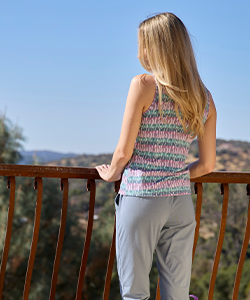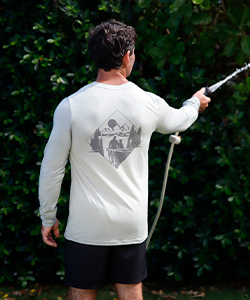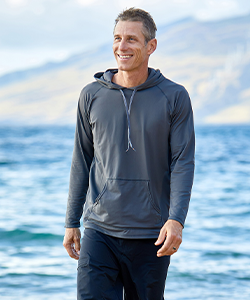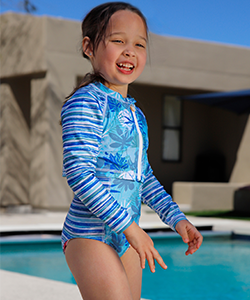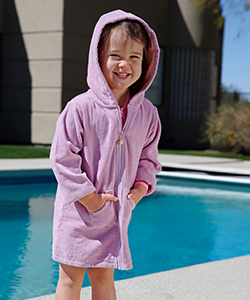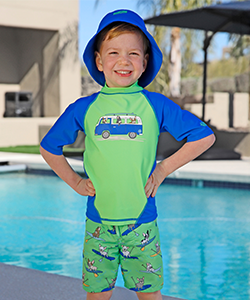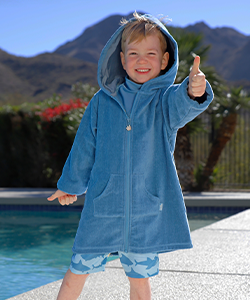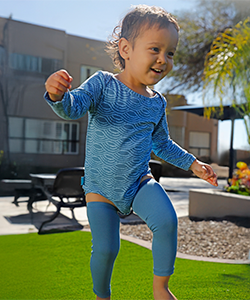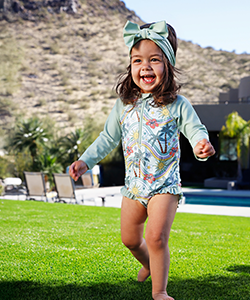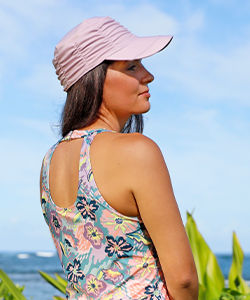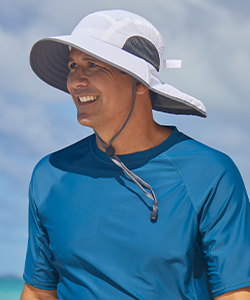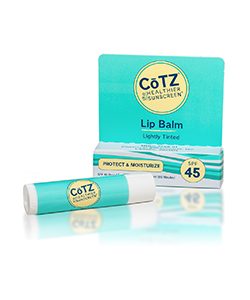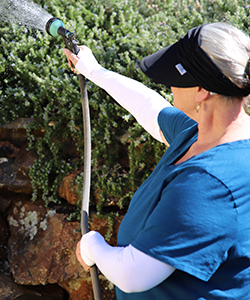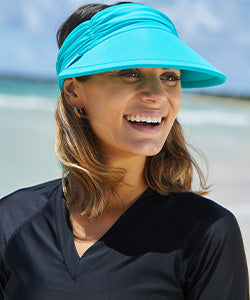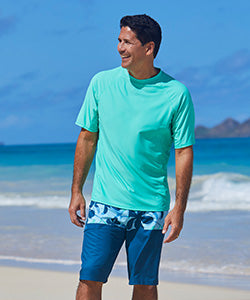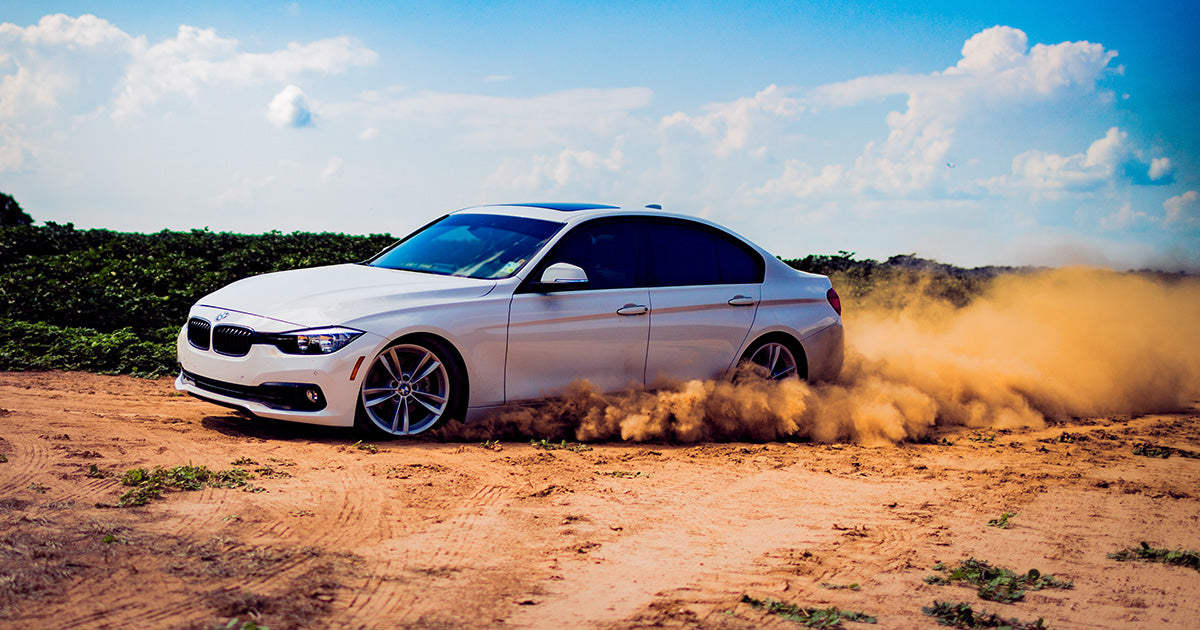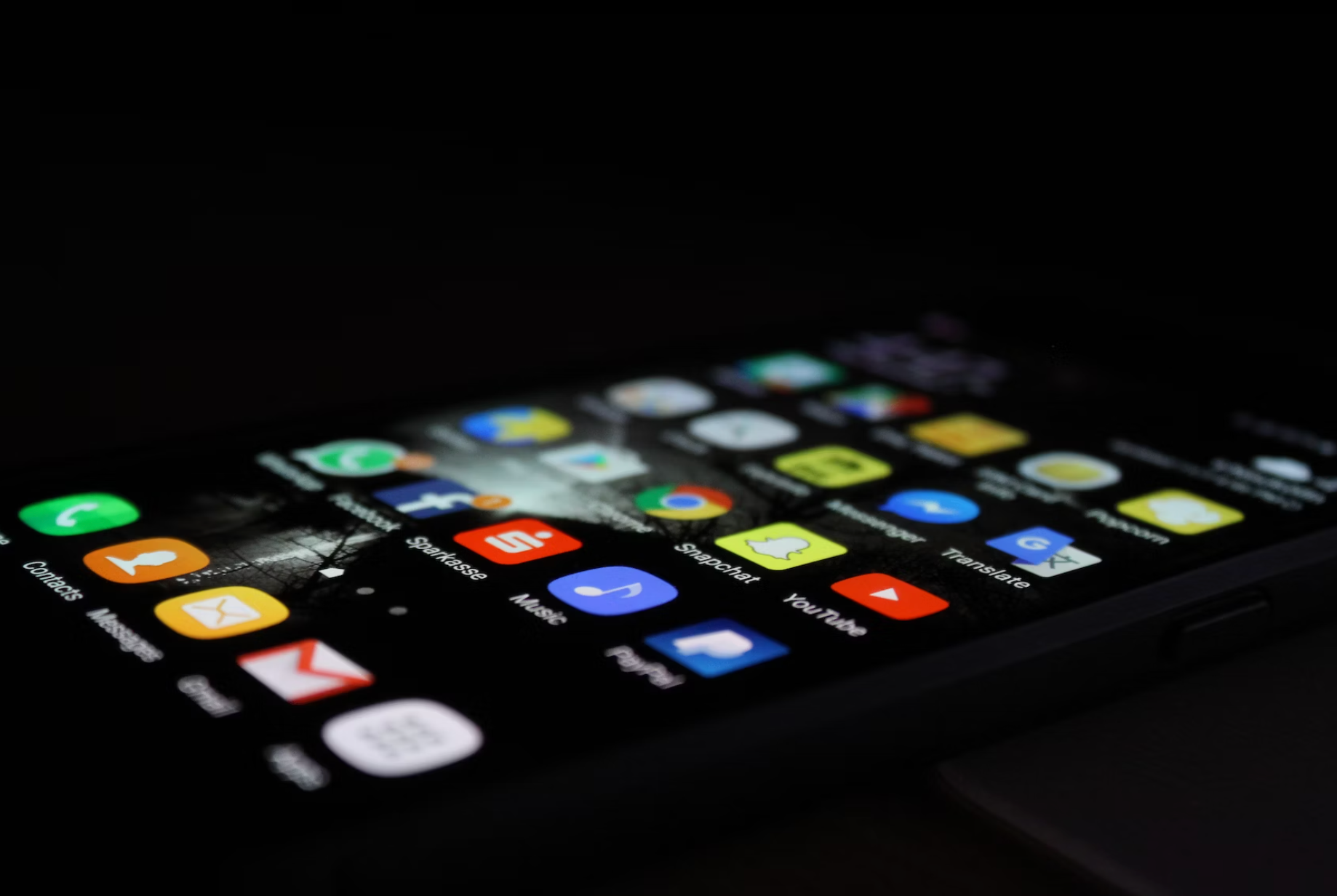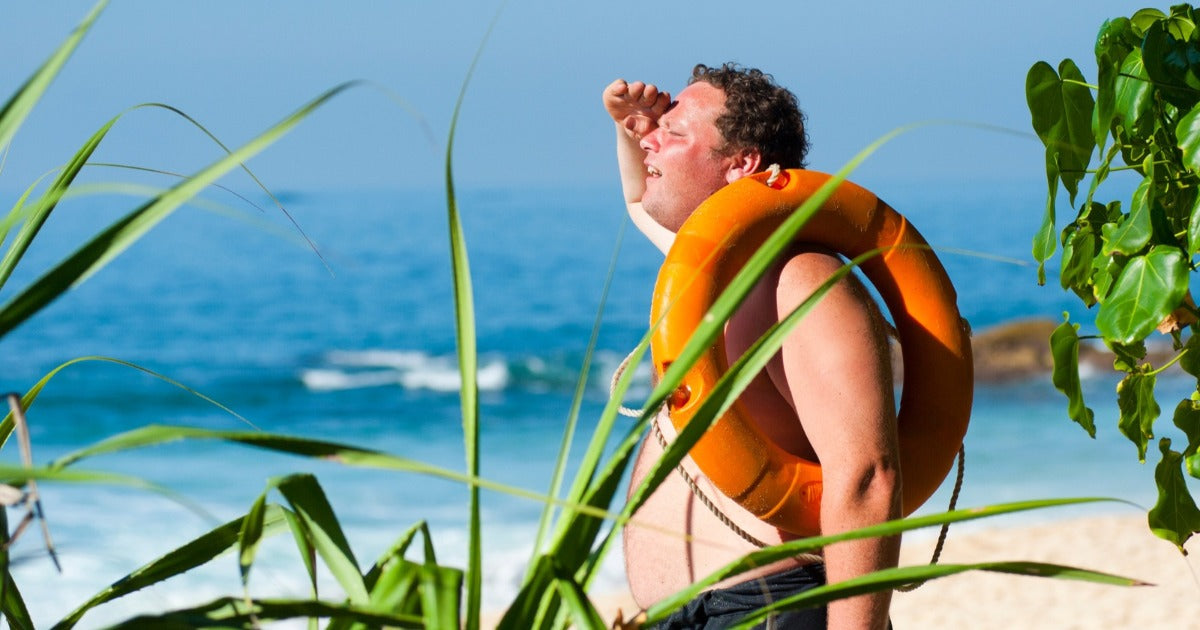
The Do’s and Don’ts of Treating a Sunburn
It happened. You were enjoying a great day out under the sun and the next thing you know, you got sunburned. You swear you put sunscreen on, but your skin feels red, irradiated, and painful to touch. While it happens to the best of us, we do advise you to protect your skin from sunburns whenever possible. And yes, you can get sunburnt through clothes and also on a cloudy day.
There’s no use debating what caused the sunburn, now is the time to focus on making it feel better and treating your skin properly to avoid blisters and pain. Luckily, there are many ways to soothe the pain of a sunburn. Unfortunately, there are also many ways to make a sunburn even worse.
Follow these do’s and don’ts for treating sunburns to help your skin start healing post sunburn as fast as possible.
How to Treat a Sunburn
Do Stay Hydrated.
Sunburns draw fluids to the skin’s surface leading to dehydration. It is important to drink a lot of water and electrolyte-rich liquids if you are sunburnt. This will help replenish your body's fluids and help your skin heal faster.
Do Cool Down Your Skin.
It’s crucial to cool down your sunburn. Taking a cool bath or shower can provide temporary relief from a sunburn and decrease inflammation. You can also apply a cool compress to a burnt area to achieve similar results.
Do Moisturize Your Skin After a Sunburn.
Apply a water-based moisturizing lotion to your skin after bathing to reduce sunburn irritation. A water-based moisturizer will help reduce the itchiness cases from dried, burnt skin. It will also help your skin retain moisture which reduces dehydration.
Do Apply Vitamin E to Sunburned Skin.
Use antioxidant Vitamin E to help decrease inflammation. Rub Vitamin E oil directly on to your skin, or take a regular dose of the supplement.
Do Talk to Your Doctor/Dermatologist.
Medical attention should be sought If you develop severe blistering, especially over large areas, from a sunburn. You should also always visit a doctor if you feel woozy, feverish, or develop chills after a sunburn.
How Not to Treat a Sunburn
Don’t Spend Any More Time Out Under the Sun.
It is important to avoid any additional sun exposure if you're already sunburnt and your skin needs to heal. Sunburnt skin is extremely sensitive and will continue to get worse if not covered up and treated properly.
Ideally, you should stay out of the sun until your sunburn is healed.
Don’t Soak in Water for Prolonged Periods of Time.
Spending long periods of time in water can dry out skin which may make sunburns more irritating. It is also important to avoid putting soap or perfumes in bath water after a sunburn as these can further dry out already dry and sunburned skin.
Don’t Use Oil-Based Moisturizers.
Oil-based moisturizers should never be applied to sunburnt skin. These moisturizers trap heat in the skin, prolonging inflammation and slowing down the healing process of the burn.
Don’t (ever) Pop Blisters.
If your skin blisters due to a sunburn, allow the blisters to heal.You should not pop the blisters, as blisters form to help your skin heal and protect you from infection.
How to Prevent Sunburns
Your first line of defense against sunburns is to wear sun protective swimwear and clothing. Here are some of our tips on how to prevent sunburns:
- Invest in high-quality, third-party certified UPF 50+ swimwear and clothing and wear these swimwear/clothing items whenever you're outside.
- Put broad-spectrum SPF 30+ sunscreen on the areas that your UPF swimwear and clothing can't cover. Remember to reapply.
- Seek out shade and avoid peak hours when the sun's UV rays are at their highest.
- Buy sunscreen for your face and sunscreen for your lips that you will wear everyday.
Be sure to check out UV Skinz's collection of UPF 50+ swimwear and clothing for the entire family online today.


